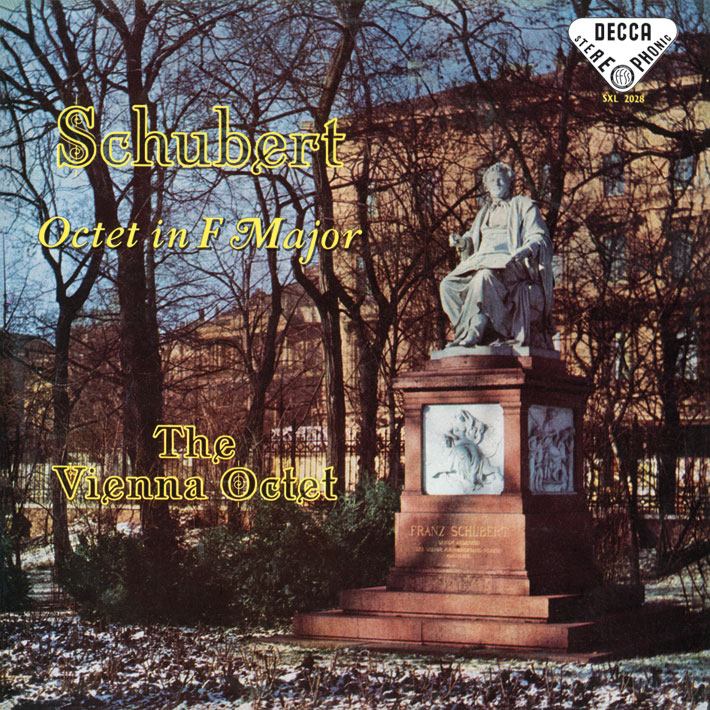Logowanie
OSTATNI taki wybór na świecie
Nancy Wilson, Peggy Lee, Bobby Darin, Julie London, Dinah Washington, Ella Fitzgerald, Lou Rawls
Diamond Voices of the Fifties - vol. 2
Tylko 1000 egzemplarzy!!!
DVORAK, BEETHOVEN, Boris Koutzen, Royal Classic Symphonica
Symfonie nr. 9 / Wellingtons Sieg Op.91
nowa seria: Nature and Music - nagranie w pełni analogowe
Petra Rosa, Eddie C.
Celebrating the art and spirit of music - vol. 3 - Pure
warm sophisticated voice...
Peggy Lee, Doris Day, Julie London, Dinah Shore, Dakota Station
Diamond Voices of the fifthies
Tylko 1000 egzemplarzy!!!
SAMPLER - STS DIGITAL, Buddy Tate, Milt Buckner, Walace Bishop
Jazz Masters - Legendary Jazz Recordings - v. 1
proszę pokazać mi drugą taką płytę na świecie!
Chesky! Niezmiennie perfekcyjny
Winylowy niezbędnik
ClearAudio
Double Matrix Professional - Sonic
najbardziej inteligentna i skuteczna pralka do płyt winylowych wszelkiego typu - całkowicie automatyczna
SCHUBERT, Willi Boskovsky, The Vienna Octet
Octet in F Major for clarinet, horn, bassoon and strings, D 803
Schubert's light and flowing Octet in F Major is of great importance in both an historical and a compositional aspect. Thanks to its combination of string and wind instruments, it is akin in character to the cheerful divertimento and the contemplative serenade. That the commissioned work is very similar ot Beethoven's popular Septet op. 20 with regard to the individual movements and the key relationships is by no means accidental - that was what was ordered. Schubert occupied himself with the almighty giant's composition, though for a different reason: with his own Octet he wanted to 'pave his way towards writing a great symphony', whose dramataic force and form is clearly suggested here. Steeped in the musical traditions of the city on the Danube, the Vienna Octet is the ideal ensemble to perform this work. Led by Willi Boskovsky, who became world famous as concertmaster of the Vienna Philharmonic Orchestra and conductor of the New Year's Day Concerts, the ensemble plays with great agility, joy and togetherness from the first note on. The sound of each individual instrument comes over vividly in a natural, chamber-music-like atmosphere.





























